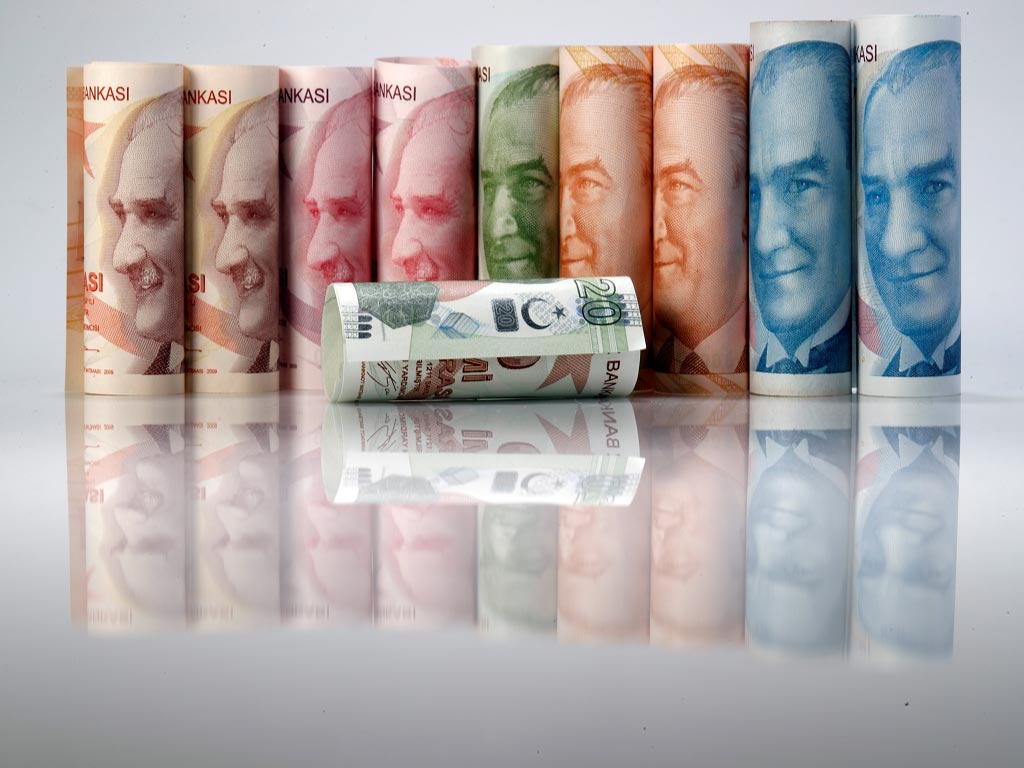 ANKARA: Turkey plans to hike its bank and insurance transaction tax rates to 0.2% from 0.1% for individuals' foreign exchange purchases, in a move meant to curb a trend of Turks snapping up dollars and euros, according to two people familiar with the plan.
ANKARA: Turkey plans to hike its bank and insurance transaction tax rates to 0.2% from 0.1% for individuals' foreign exchange purchases, in a move meant to curb a trend of Turks snapping up dollars and euros, according to two people familiar with the plan.
In May, to help boost the beleaguered lira, Turkey increased the same tax to 0.1% from zero for forex sales. The plan to raise it again will not include lenders' forex purchases, the sources said, with one adding that it would ultimately give President Tayyip Erdogan leeway to raise it more.
The proposals by the Treasury and Finance ministry, which is run by Erdogan's son-in-law Berat Albayrak, were expected to be presented to parliament in a few weeks, after which they could be passed into law, the two sources told Reuters.
The move would add to a series of steps the Turkish government has taken to support its lira since a renewed selloff hit the currency in late March. A months-long trend of so-called dollarisation, or the selling of lira, in part sparked the weakness.
The lira has since recovered most of those recent losses, though it remains down more than 6% against the dollar this year, after having lost 30% in last year's currency crisis.
"The plan is to give the President the mandate to hike the tax further. This mandate may grant him the right to hike by 10 fold," one of the sources said, adding that the final decision had not yet been made.
The Treasury was not immediately available to comment.
The banking and insurance transactions tax on all forex transactions, known in Turkey as BSMV, was set at 0.1% under a cabinet decision published in 1998. It was reduced to zero in 2008 and remained there until the decision in May.
Last month, credit rating agency Fitch warned that the high level of deposit dollarisation in Turkish banks could put pressure on the lenders' foreign exchange liquidity in the event of a forex deposit outflow.




















Comments
Comments are closed.